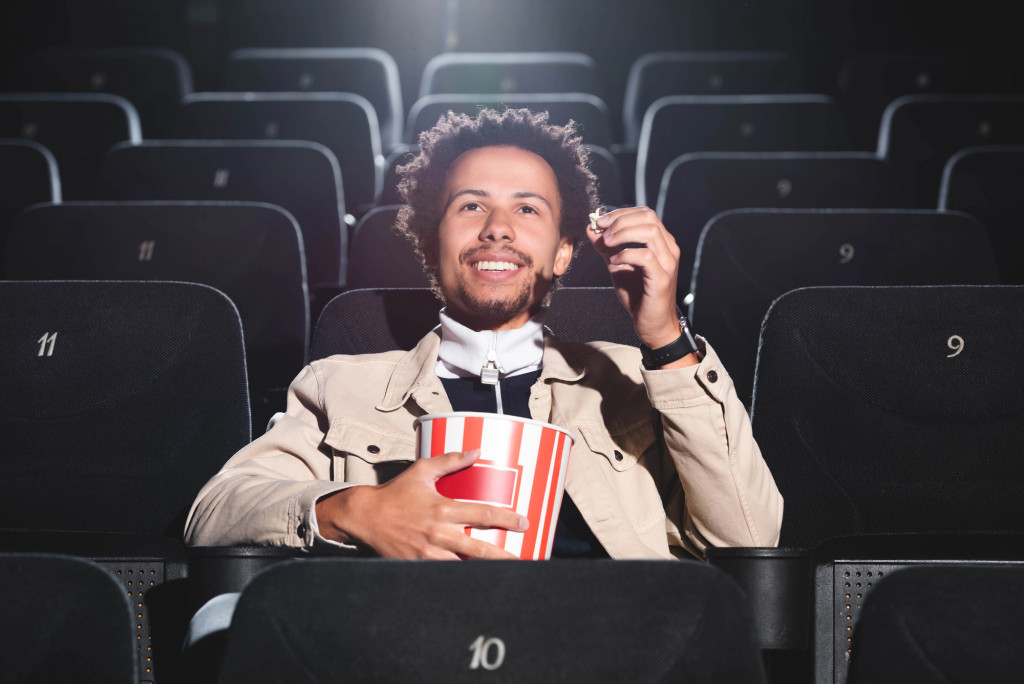In an era where streaming dominates living rooms, the call to return to theaters is growing louder from inside Hollywood itself. Warner Bros. co-chair and CEO Mike De Luca believes that if there’s one change the industry desperately needs, it’s for every studio to make more movies specifically for theaters.
De Luca shared his perspective in a conversation with Franklin Leonard, founder of The Black List, and fellow Warner Bros. executive Pam Abdy about the future of film.
“Not everybody’s in my school of thought,” De Luca admitted, “but I’m of the school of thought that there’s a deficit there because the industry has made 20 to 30 less films. From what we’ve seen of audiences showing up for Barbie, showing up for Wonka, showing up for Sinners, showing up for Weapons, on a smaller scale showing up for A24 and Neon films—people are showing up.”
Warner Bros' co-chair & CEO Mike De Luca has said that if he could change one thing about Hollywood right now it would be that every studio would make more movies for theaters.
— Franklin Leonard (@franklinleonard) August 27, 2025
Last week, I asked him why he wants MORE competition. This was his answer. pic.twitter.com/w5e3yGnSpA
De Luca believes audiences are hungry, and the market isn’t being fed enough. He argued that box office declines aren’t about demand disappearing; it’s about supply shrinking. If studios increased their output to levels seen before the pandemic, he believes the numbers would reflect it.
“I truly believe that if the studios made more in a way that’s more commensurate with what we were making pre-pandemic, you would see a rise in box office,” he explained. “And if we can get people back in the habit, the regular habit of going to the movies—and especially younger audiences—the better it is for our studio and every studio. It’s a tide that can lift all.”
For De Luca, the issue isn’t that younger audiences aren’t interested; it’s that they’ve fallen out of the rhythm of moviegoing.
“The great thing about our business is every day a preteen or a teenager graduates to having their own income, wanting to take a date to the movies, get out of the basement, leave the house,” he said. “When I was a young executive in the late eighties and nineties, the shift from Baby Boomers to Gen X—and suddenly Gen X had disposable income and wanted to go to the movies and create their own movie stars. I don’t think that changed because of COVID; they just got out of the habit.”
In his view, the pandemic didn’t erase the desire for the shared cultural experience of movies; it just interrupted it. Now, with audiences proving they’ll turn out for the right films, De Luca sees opportunity in volume.
The success of recent films, from massive blockbusters like Barbie to smaller hits from indie distributors, has shown that the appetite for theatrical experiences remains strong. The challenge lies in getting studios to bet big on theaters again, and consistently.
More films mean more options, which leads to more people rediscovering the ritual of going to the movies. For De Luca, it’s not just about Warner Bros.’ bottom line—it’s about ensuring the entire industry thrives.
Photo Credit: DepositPhotos.com




